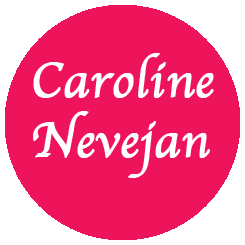With John Thackara and Josephine Grieve, I curated the third Doors of Perception which addressed a big question: how might information technology and design help us live more lightly on the planet? How can faster information help us de-materialize products and services and slow down our consumption of matter and energy? These are exciting questions, but eco-gloom is so de-motivating. The more think-tanks tell us about the dire condition of the planet, the more we sink into emotional entropy - pretending that things can't possibly be that bad, even when they can.
By comparison, information technology seems to bring us non-stop good news. Computer power that doubles every 18 months; declining hardware prices; millions going online; and an `information economy' that, we're told, will grow exponentially forever.
There's just one small problem with this rosy scenario: if the planet's systems crash, the Internet offers no escape. The eco-community has amassed solid evidence that a radical decrease in our consumption of matter and energy - by a factor of 10 to 20 - will be needed, within a generation, if we are to achieve a sustainable world.
So where on earth do we start? The first two Doors of Perceptions put new information systems into a cultural, social and economic context; they basically asked: what is this stuff for? Doors 3 posed an answer: the `stuff' can help with the mental and material changes we have to make in order to achieve a sustainable future.
Doors 3 `On Matter' was about the interaction of big stories, spectacular new technologies, and small actions to exploit them. The Launch Event on Tuesday 7 November compared the latest long-term eco-scenarios, and meta-trends in information technology. These big stories fed into 12 professional Design Workshops, which took place between 7-9 November. These workshops fed in turn back into the Doors of Perception 3 Conference, on 10 and 11 November in Amsterdam's music centre, Paradiso, where a high intensity combination of analysis, plus the results of the workshops, was presented to a large audience. An evening series of presentations of new multimedia tools and applications,called `Open Doors', also took place.
